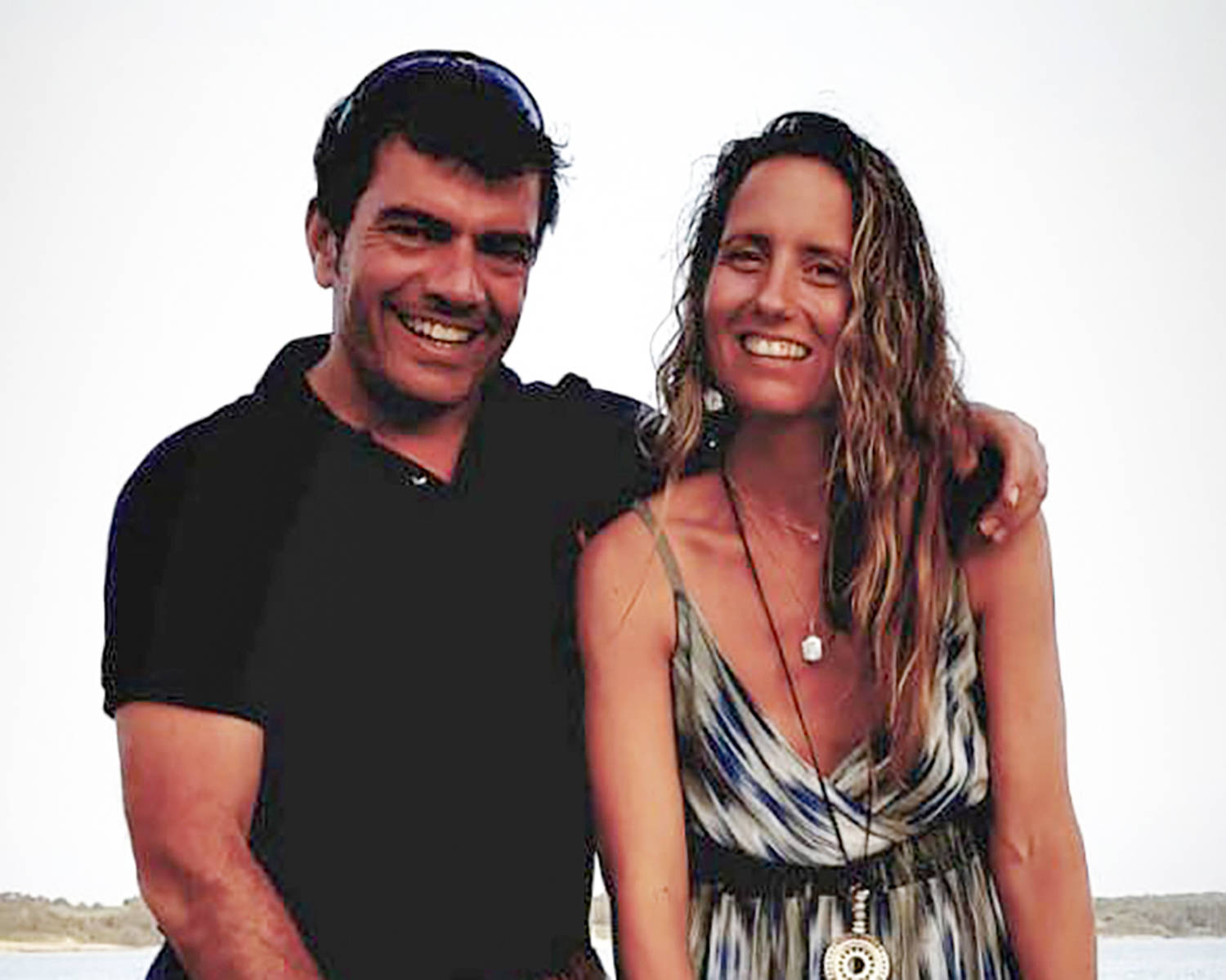The truth is, we were always dangerously overexposed to decisions made in Washington – consider this chaotic moment an opportunity
“People speak with forked tongues about America,” a veteran foreign correspondent once said to me. It was a long time ago – during a debate about whether the US should intervene in a foreign conflict – and I have never forgotten it. What they meant was that just as the US is condemned for foreign intervention in some instances, it is also called upon to do so in others and then judged for not upholding its moral standards. That dissonance persists, and is even more jarring as we approach the 100th day of Donald Trump’s second term. There is a duality to how the US is seen: as both a country that wantonly violates international law and as the only one capable of upholding that system of law and order. This duality, always tense, is no longer sustainable.
I have felt this ambivalence myself – the contradictory demand that the US stay out of it but also anger that it is not doing more. In Sudan, Washington frustratingly refuses to pressure its ally, the UAE, into stopping pumping arms and funding into the conflict. But what proof or history is there to support the delusional notion that the US cares about a conflict in which it has no direct interest? It is an expectation of moral policing from an amoral player that I remember even in childhood, after Iraq invaded Kuwait and the Arab world was rocked with fear of regional war. A fierce debate in our classroom in Sudan on the merits of US intervention was silenced by one indignant evacuee from Kuwait, who said that the most important thing was to defeat Saddam Hussein. Her words occasionally echo in my mind: “We must deal with the greater evil first.”
Nesrine Malik is a Guardian columnist
Do you have an opinion on the issues raised in this article? If you would like to submit a response of up to 300 words by email to be considered for publication in our letters section, please click here.
Continue reading...











